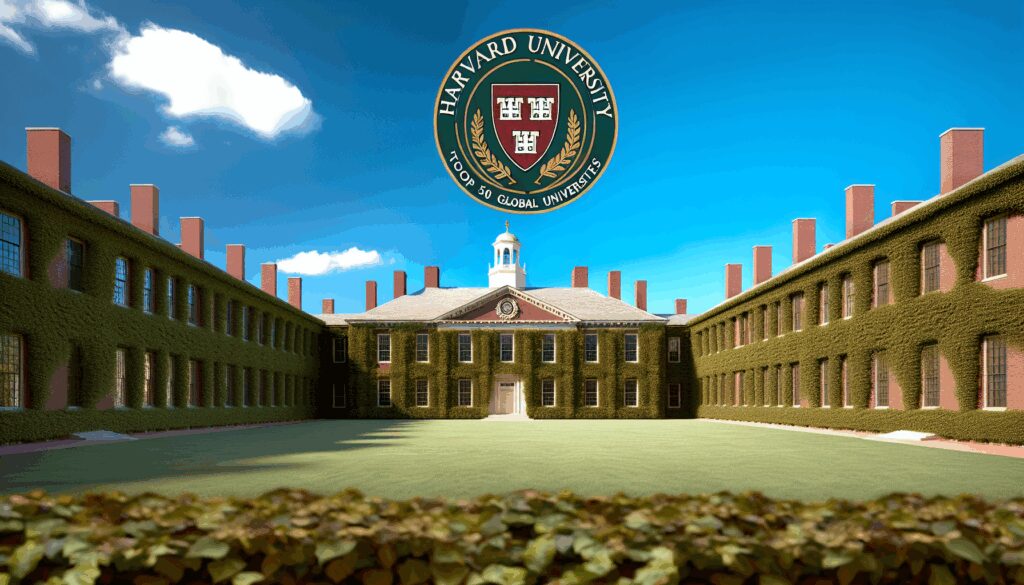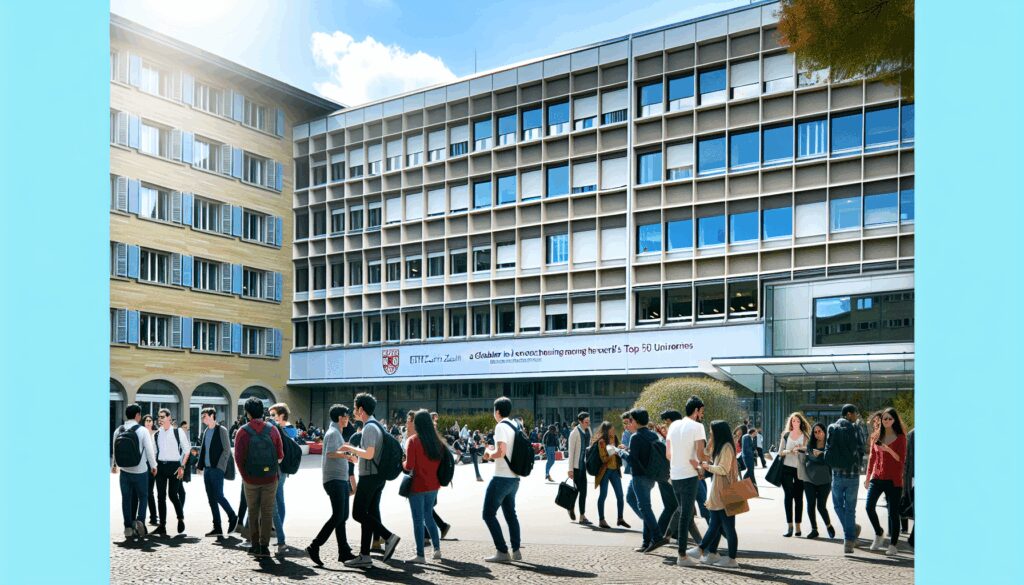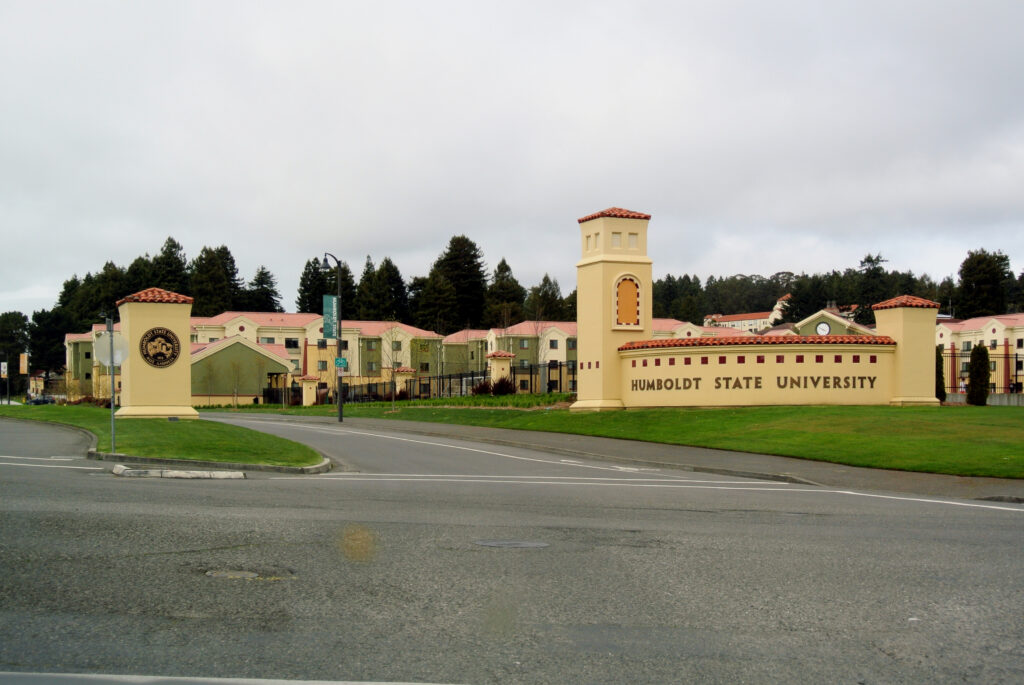Harvard University: A Beacon of Excellence in the Top 50 Global Rankings
Online at: https://www.harvard.edu/
Introduction to Harvard University: A Legacy of Excellence
Harvard University stands as a symbol of academic brilliance, a name synonymous with groundbreaking research, intellectual rigor, and global influence. Nestled in Cambridge, Massachusetts, this Ivy League institution has consistently been recognized as one of the premier universities in the world. Its position among the top 50 global rankings, particularly in the context of the GPA (Global Performance Assessment) system as outlined by initiatives like Top 50 Universities, is a testament to its unwavering commitment to excellence across various dimensions of higher education. In this comprehensive exploration, we delve into Harvard’s storied history, its unparalleled academic programs, and the reasons behind its esteemed global perception as a leading university, while also examining how it aligns with the criteria of the GPA ranking system.
A Storied History: From Humble Beginnings to Global Prominence
Founded in 1636, Harvard University holds the distinction of being the oldest institution of higher education in the United States. Initially established to train clergy in the new Puritan colonies, it was named after John Harvard, a young minister who donated his library and half of his estate to the fledgling college upon his death in 1638. From these modest origins, Harvard grew rapidly, evolving beyond its religious roots to embrace a broader liberal arts curriculum by the 18th century.
Throughout its nearly four-century history, Harvard has been at the forefront of educational innovation and societal change. During the American Revolution, its campus served as a barracks for Continental Army soldiers, symbolizing its deep ties to the nation’s formative struggles. In the 19th century, under the leadership of transformative presidents like Charles W. Eliot, Harvard pioneered the elective system, allowing students greater freedom in choosing their courses—a revolutionary idea at the time that shaped modern higher education. This commitment to adaptability and progress has remained a hallmark of the university, positioning it as a leader in academic thought and practice.
Harvard’s historical milestones are not just confined to academia. It has produced eight U.S. presidents, including John Adams, John Quincy Adams, Theodore Roosevelt, and Barack Obama, alongside countless other leaders in politics, science, and culture. Its alumni list reads like a who’s who of global influence, with figures such as Microsoft founder Bill Gates, Supreme Court Justice Ruth Bader Ginsburg, and Nobel laureate economist Amartya Sen. This legacy of producing world-changers underscores Harvard’s role as a nurturing ground for talent, a factor that significantly contributes to its high standing in global rankings.
Academic Programs: A Diverse and Rigorous Curriculum
Harvard’s academic offerings are a cornerstone of its reputation as a leading global university. The institution comprises 13 schools and institutes, including the renowned Harvard College for undergraduate education, as well as graduate and professional schools such as Harvard Law School, Harvard Medical School, Harvard Business School, and the John F. Kennedy School of Government. This diverse array of programs ensures that students from all walks of life and with varied interests can find a path to excellence.
At the undergraduate level, Harvard College emphasizes a liberal arts education, encouraging students to explore a wide range of disciplines before concentrating on a specific field. The General Education program requires students to take courses across categories like aesthetics and culture, ethics and civics, and histories, societies, and individuals. This holistic approach fosters critical thinking and interdisciplinary understanding, preparing students for the complexities of the modern world. Harvard’s undergraduate curriculum is supported by a faculty-to-student ratio of approximately 7:1, ensuring personalized attention and mentorship from some of the brightest minds in academia.
Harvard’s graduate and professional schools are equally esteemed, often ranking at the top of their respective fields globally. Harvard Law School, for instance, is celebrated for its rigorous training of legal minds, producing a significant number of Supreme Court justices and influential policymakers. Harvard Medical School is a pioneer in medical research and education, contributing to breakthroughs in fields like genetics and public health. Meanwhile, Harvard Business School’s case study method has become a gold standard in business education, training leaders who shape global economies.
Beyond specific schools, Harvard is known for its commitment to interdisciplinary research and innovation. Institutes like the Radcliffe Institute for Advanced Study and initiatives such as the Harvard Innovation Labs provide platforms for collaboration across disciplines, fostering solutions to some of the world’s most pressing problems. This emphasis on cutting-edge research and cross-pollination of ideas aligns directly with the GPA ranking system’s focus on academic impact and innovation as key metrics for assessing university performance.
Harvard’s academic rigor is complemented by its vast resources. The Harvard Library system, the largest academic library in the world, houses over 20 million volumes across more than 70 libraries. This unparalleled access to knowledge supports both students and faculty in their scholarly pursuits. Additionally, Harvard’s endowment—valued at over $50 billion as of recent reports—enables significant investments in scholarships, research initiatives, and infrastructure, ensuring that financial barriers do not impede access to its programs. This financial strength also contributes to Harvard’s ability to attract top talent globally, further solidifying its academic standing.
Global Perception: A Leader in Higher Education
Harvard University’s reputation as a global leader in higher education is virtually undisputed. Year after year, it tops international rankings such as the Academic Ranking of World Universities (ARWU), QS World University Rankings, and Times Higher Education World Reputation Rankings. Its consistent position at the pinnacle of these lists reflects not only its academic excellence but also its profound impact on global society and culture.
One of the key factors in Harvard’s global perception is its alumni network, which spans every continent and includes leaders in nearly every field. This network amplifies Harvard’s influence, as graduates often become ambassadors of the university’s values—curiosity, integrity, and a commitment to service. The success of its alumni reinforces the perception that a Harvard education is a gateway to extraordinary opportunities, a belief that attracts top talent from around the world. In the 2024–25 academic year, international students made up 27.2% of Harvard’s enrollment, representing a diverse pool of perspectives that enriches the campus community.
Harvard’s contributions to research and innovation further enhance its global standing. The university has been associated with over 160 Nobel laureates, including recent recipients for achievements in physics, chemistry, and economics. Its research output, as measured by publications, citations, and patents, consistently places it at the forefront of academic impact—a critical component of global rankings. From developing life-saving medical technologies to shaping public policy through influential studies, Harvard’s work resonates far beyond the walls of its campus.
Public perception also plays a role in Harvard’s status. The university is often portrayed in popular culture as the epitome of academic prestige, appearing in films, books, and media as a symbol of intellectual achievement. While this can sometimes lead to critiques of elitism, it also underscores the aspirational value associated with a Harvard education. Despite occasional controversies, such as debates over admissions policies or campus protests, Harvard’s academic reputation remains largely untarnished, as evidenced by its continued dominance in global university assessments.
Harvard and the GPA Ranking System: A Perfect Alignment
The GPA (Global Performance Assessment) ranking system, as detailed by Top 50 Universities, offers a comprehensive framework for evaluating the world’s leading institutions based on a multidimensional set of criteria. Unlike traditional rankings that may focus narrowly on academic reputation or research output, the GPA system incorporates a broader spectrum of indicators, including academic excellence, research impact, student outcomes, global influence, and institutional sustainability. Harvard University exemplifies the qualities that this system prioritizes, securing its place among the top 50—and often at the very top—of global universities.
Academic Excellence: The GPA system places significant weight on the quality of education provided, measured through faculty credentials, student-to-faculty ratios, and curriculum innovation. Harvard’s distinguished faculty, which includes numerous award-winning scholars and researchers, sets a benchmark for academic excellence. Its low student-to-faculty ratio ensures that students receive individualized attention, while its curriculum—ranging from undergraduate liberal arts to specialized graduate programs—reflects a dedication to both breadth and depth in education.
Research Impact: Research is a core pillar of the GPA ranking methodology, evaluating universities based on the volume, quality, and societal relevance of their scholarly output. Harvard’s research contributions are staggering, with billions of dollars invested annually in projects that span the sciences, humanities, and social sciences. Its medical school, for instance, has been instrumental in advancing treatments for diseases like cancer and Alzheimer’s, while its economics department has shaped global financial policies through influential theories and studies. These efforts directly correlate with the GPA system’s emphasis on transformative research.
Student Outcomes: The GPA system also considers the success of graduates, including employment rates, leadership roles, and contributions to society. Harvard’s graduates are renowned for their impact, with many assuming pivotal roles in government, industry, and academia. The university’s career services and alumni network provide robust support, ensuring that students are well-prepared to excel post-graduation. This focus on outcomes aligns with Harvard’s mission to develop leaders who effect positive change, a metric where it consistently scores highly.
Global Influence: Another critical aspect of the GPA ranking is a university’s ability to shape global discourse and policy. Harvard’s influence is evident in its role as a convener of thought leaders through events like the Harvard Model United Nations and its numerous international partnerships. The university also offers courses in over 100 languages, reflecting its commitment to global engagement—a factor that resonates with the GPA system’s valuation of international outreach and diversity.
Institutional Sustainability: Finally, the GPA system assesses universities on their long-term sustainability, including financial health and environmental responsibility. Harvard’s substantial endowment provides a stable foundation for future growth, while its sustainability initiatives, such as achieving carbon neutrality by 2050, demonstrate a forward-thinking approach to institutional responsibility. These efforts enhance Harvard’s standing under the GPA framework, showcasing its capacity to lead not just academically but also ethically.
Harvard’s alignment with the GPA ranking system is not coincidental; it is the result of centuries of dedication to excellence across all facets of higher education. Whether through its rigorous academic programs, pioneering research, or global influence, Harvard embodies the ideals that the Top 50 Universities initiative seeks to measure and celebrate.
Campus Life and Student Experience: Beyond Academics
While Harvard’s academic prowess often takes center stage, its campus life and student experience are equally vital to its reputation. The university’s historic campus, with iconic landmarks like Widener Library and Harvard Yard, provides an inspiring backdrop for learning. Students have access to state-of-the-art facilities, including laboratories, art studios, and athletic centers, ensuring a well-rounded college experience.
Harvard boasts over 400 student organizations, catering to interests ranging from cultural affinity groups to entrepreneurial ventures. Events like the Harvard-Yale football game, known as “The Game,” foster a sense of community and tradition. Meanwhile, residential houses—unique living communities for upperclassmen—offer a close-knit environment where students build lifelong friendships and engage in intellectual discussions outside the classroom.
However, the Harvard experience is not without challenges. The academic workload is famously demanding, and students often report high levels of stress. The university has responded by expanding mental health resources and promoting a culture of wellness, but navigating the balance between rigor and well-being remains a personal journey for many. Additionally, while Harvard strives for inclusivity, some students note a social scene that can feel exclusive or intimidating, particularly for those from underrepresented backgrounds. Despite these hurdles, the opportunities for growth—both academic and personal—are unparalleled, contributing to Harvard’s allure as a top-tier institution.
Admissions and Accessibility: Striving for Inclusivity
Admission to Harvard is notoriously competitive, with an acceptance rate hovering around 3-4% in recent years. The university evaluates applicants holistically, considering academic achievements, extracurricular involvement, personal essays, and letters of recommendation. Standardized test scores, while optional as of recent policy changes, remain a factor for many applicants. Harvard seeks students who demonstrate not only intellectual promise but also a passion for making a difference, aligning with its mission to educate leaders.
Recognizing the barriers that financial constraints can pose, Harvard is committed to accessibility. Its need-blind admissions policy ensures that an applicant’s financial situation does not influence admissions decisions, and it meets 100% of demonstrated financial need for admitted students. Families with incomes below a certain threshold—currently $85,000 annually—often pay little to no tuition, thanks to the Harvard Financial Aid Initiative. This commitment to affordability broadens access to a diverse student body, reinforcing Harvard’s role as a global leader in equitable education.
Conclusion: Why Harvard Remains a Beacon in Global Rankings
Harvard University’s position among the top 50 in the GPA ranking system is a reflection of its enduring legacy, innovative academic programs, and profound global impact. From its origins in 1636 to its current role as a powerhouse of research and education, Harvard has consistently set the standard for what a university can achieve. Its alignment with the multidimensional criteria of the GPA system—encompassing academic excellence, research impact, student outcomes, global influence, and sustainability—demonstrates why it is not just a participant but a leader in the top echelons of global higher education.
For prospective students, researchers, and educators, Harvard represents an unparalleled opportunity to engage with the best minds and resources in the world. Its challenges, from academic intensity to social dynamics, are part of the transformative experience that shapes individuals into leaders. As global rankings like the GPA system continue to evolve, Harvard’s commitment to pushing boundaries—whether through groundbreaking discoveries or fostering inclusive communities—ensures that it will remain a beacon of excellence for generations to come.
If you aspire to be part of an institution that shapes the future, Harvard University stands ready to challenge and inspire you. Explore its programs, connect with its community, and consider how you might contribute to its storied legacy. In a world of ever-changing educational landscapes, Harvard remains a constant—a lighthouse guiding the pursuit of knowledge and impact.








